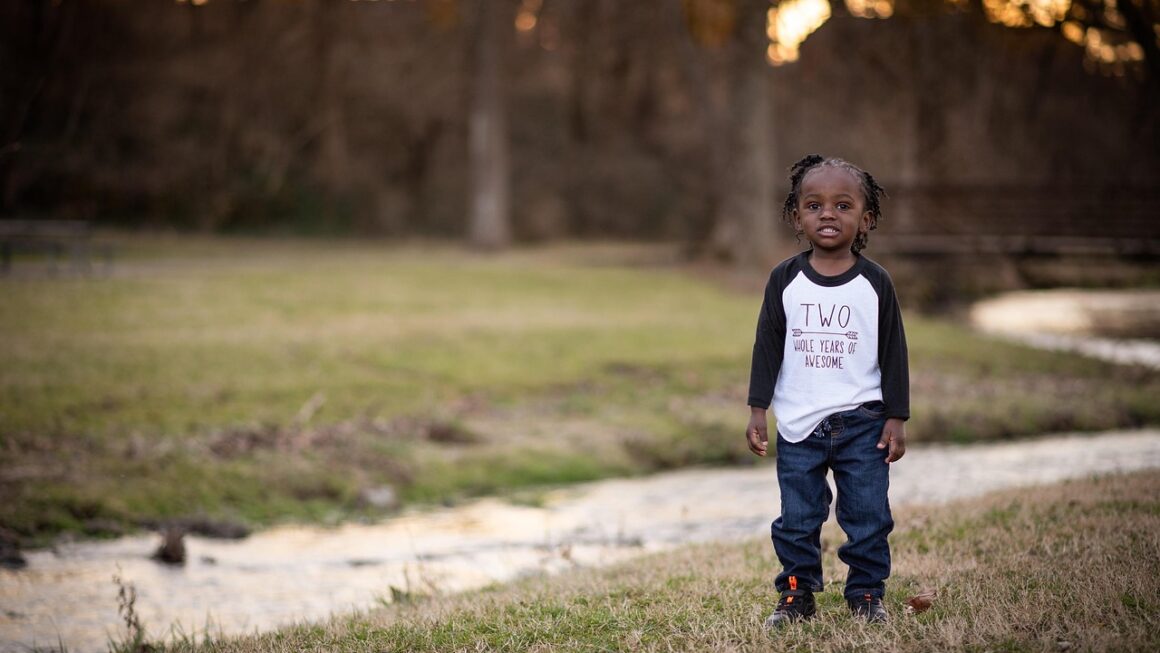Positive parenting, a powerful approach to raising children, focuses on building strong, healthy relationships based on mutual respect, understanding, and empathy. It emphasizes guiding children through positive reinforcement and open communication, rather than relying solely on punishment. This method aims to cultivate self-discipline, responsibility, and emotional intelligence in children, setting them up for success in all areas of life.
Understanding the Core Principles of Positive Parenting
Positive parenting isn’t about being permissive or avoiding discipline altogether. Instead, it’s a mindful approach that focuses on understanding the child’s perspective and responding with empathy and guidance.
Building a Strong Parent-Child Relationship
- Active Listening: Pay attention to what your child is saying, both verbally and nonverbally. Show them you understand their feelings and perspectives. For example, if your child is upset about not being able to play outside, instead of dismissing their feelings, acknowledge them by saying, “I understand you’re disappointed you can’t play outside right now because of the rain.”
- Spending Quality Time: Dedicate time each day for focused interaction with your child. This could involve playing a game, reading a book, or simply talking about their day. Even 15-20 minutes of focused attention can make a significant difference.
- Showing Unconditional Love: Make sure your child knows that your love is not dependent on their achievements or behavior. Express your love and affection regularly, even when they make mistakes.
Empathy and Understanding
- Seeing Things from Their Perspective: Try to understand why your child is behaving in a certain way. Consider their age, developmental stage, and individual personality. For example, a toddler throwing a tantrum might be overwhelmed and unable to express their frustration verbally.
- Validating Their Feelings: Acknowledge and validate your child’s emotions, even if you don’t agree with their actions. Let them know that it’s okay to feel angry, sad, or frustrated. Saying something like, “I see you’re really angry that your brother took your toy,” can help them feel understood and supported.
- Teaching Emotional Regulation: Help your child learn healthy ways to manage their emotions. This could involve teaching them deep breathing exercises, encouraging them to talk about their feelings, or providing them with a quiet space to calm down.
Positive Discipline Techniques
Moving away from punitive measures and embracing positive discipline is key. This approach focuses on teaching, guiding, and helping children learn from their mistakes.
Focusing on Teaching and Guiding
- Setting Clear Expectations: Clearly communicate your expectations to your child in a way that they can understand. Make sure the rules are age-appropriate and consistent. For example, instead of just saying “Be good,” explain what “being good” looks like in a specific situation, such as “When we’re at the library, being good means using a quiet voice and not running around.”
- Positive Reinforcement: Focus on rewarding positive behavior instead of solely punishing negative behavior. Praise your child when they follow the rules or exhibit desirable qualities. Offer specific praise like, “I really appreciate how you helped clean up your toys without being asked!”
- Using Natural and Logical Consequences: When your child makes a mistake, use natural or logical consequences to help them learn. A natural consequence is something that occurs naturally as a result of their actions (e.g., if they spill their juice, they have to clean it up). A logical consequence is a consequence that is related to the misbehavior (e.g., if they draw on the wall, they have to help clean it).
Alternatives to Punishment
- Time-Ins: Instead of time-outs, try time-ins. This involves providing a quiet and supportive space where your child can calm down and reflect on their behavior with you. It’s a great way to teach emotional regulation.
- Problem-Solving Together: When your child misbehaves, try to involve them in finding a solution. Ask them questions like, “What do you think we can do to fix this?” or “How can we prevent this from happening again?”
- Redirection: Sometimes, simply redirecting your child’s attention can prevent misbehavior. If they’re about to do something they shouldn’t, offer them an alternative activity. For example, if they’re climbing on the furniture, suggest they play with blocks or draw.
The Benefits of Positive Parenting
Studies show that positive parenting has numerous benefits for both children and parents.
Improved Child Development
- Increased Self-Esteem: Children raised with positive parenting techniques tend to have higher self-esteem and confidence.
- Better Emotional Regulation: They learn to manage their emotions effectively and develop coping strategies for dealing with stress.
- Enhanced Social Skills: They develop stronger social skills, such as empathy, communication, and cooperation. According to research by the American Psychological Association, children raised with authoritative parenting (a style similar to positive parenting) tend to have better social competence.
- Academic Success: Positive parenting is linked to improved academic performance and a greater love of learning.
Stronger Family Relationships
- Improved Communication: Open communication fosters trust and understanding within the family.
- Reduced Conflict: Positive discipline techniques can minimize conflict and promote cooperation.
- Greater Family Cohesion: Families that practice positive parenting tend to be more cohesive and supportive of each other.
Reduced Behavioral Problems
- Fewer Aggressive Behaviors: Positive parenting helps reduce aggressive behaviors and promotes prosocial behavior.
- Decreased Anxiety and Depression: Children raised with positive parenting techniques are less likely to experience anxiety and depression. A study published in the Journal of Family Psychology found that positive parenting is associated with lower levels of internalizing and externalizing problems in children.
Challenges and How to Overcome Them
While positive parenting offers many benefits, it’s not always easy to implement. There will be challenges along the way, but it’s important to be patient and persistent.
Common Obstacles
- Consistency: It can be challenging to consistently apply positive parenting techniques, especially when you’re tired or stressed.
- Habit Breaking: Changing ingrained parenting habits can be difficult and require conscious effort.
- External Pressure: You may face criticism or pressure from others who don’t understand positive parenting.
- Child’s Temperament: Some children may be more challenging to parent than others, regardless of the approach you use.
Practical Tips for Success
- Self-Care: Prioritize self-care to avoid burnout and maintain your emotional well-being.
- Seeking Support: Connect with other parents who practice positive parenting for support and encouragement. Consider joining a parenting group or online forum.
- Educating Yourself: Continue to learn about positive parenting techniques through books, articles, and workshops.
- Patience and Perseverance: Remember that positive parenting is a journey, not a destination. Be patient with yourself and your child, and don’t give up. Recognize that progress, not perfection, is the goal.
- Communicate with your partner: If you have a partner, ensure you are both on the same page regarding parenting strategies. Discuss your goals and work together to implement positive parenting techniques consistently.
- Reflect and Adjust: Regularly reflect on your parenting practices and make adjustments as needed. What worked well? What could you have done differently? Learning from your experiences will help you become a more effective parent.
Conclusion
Positive parenting is a powerful and effective approach to raising children that focuses on building strong relationships, promoting positive behavior, and fostering emotional well-being. While it may require effort and patience, the benefits for both children and parents are well worth it. By embracing the core principles of positive parenting, you can create a nurturing and supportive environment where your child can thrive and reach their full potential. Remember, it’s about progress, not perfection, and every small step you take towards positive parenting can make a big difference in your child’s life.




